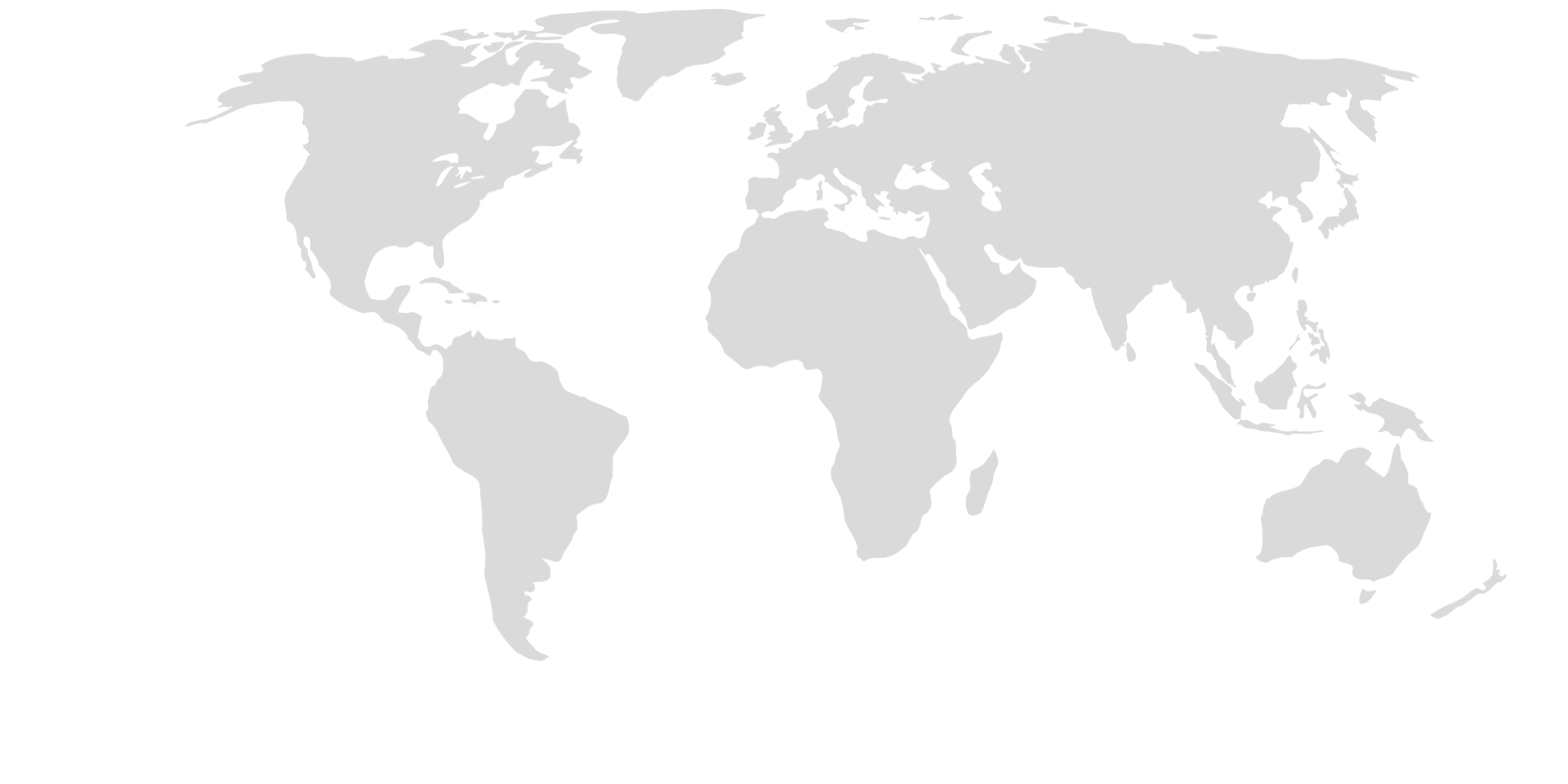Despite the crucial role in global food systems, accounting for 35% of the world’s food and managing 12% of global agricultural land, 80% of smallholder farmers (SHFs) live below the poverty line. Inclusive agri-businesses emerge as catalysts for transformative change. When properly executed and scaled, agribusiness models can set off rural communities on a pathway to prosperity, contribute to food security and stimulate economic growth.
However, the path involves navigating through a unique set of challenges. Limited investment, driven by high costs and risks, and lack of evidence on successful practices that work, where and why pose significant hurdles.
Making smallholder-inclusive business models competitive and sustainable
IDH Business Analytics works to amplify the impact, commercial viability and investabillity of smallholder-inclusive businesses. Adopting a system change approach, we assess business models and provide tailored strategies that resonate with companies, smallholder suppliers, and their clients. By collecting evidence and bringing proven business models to scale we seek to create momentum and critical mass such that these models are adopted and stimulated at the institutional level.
The IDH Business Analytics team was very thorough and comprehensive with valuable outcomes. From the materials provided, we have been able to rethink business strategies and innovate our business model to raise focus on smallholder farmer inclusion
Inclusive Business Analysis
Our Inclusive Business Analysis provides insights into the workings and economics of smallholder-inclusive business models, exploring various scenarios and delivering actionable recommendations to enhance efficiency, effectiveness, and sustainability. Our analyses help:
Why Us?
- Our recommendations are derived from over 120 business model case studies
- Our analyses are holistic, assessing business case for companies, farmers and other value chain actors
- Business reports allow businesses to benchmark their performance against their peers
- Our analyses are applicable across the spectrum; cash and food crops
- Our analyses dive deep into nuanced areas such as gender and regenerative agriculture
- Our analyses are comprehensive in the sector, covering SMEs, multinational corporations, input suppliers, and farmer support providers.
Our extensive experience spans various value chains, from coffee to maize to palm oil, working with food and beverage companies, local aggregators, input and financial service providers, and digital platforms.
Over 120 business analyses done so far













